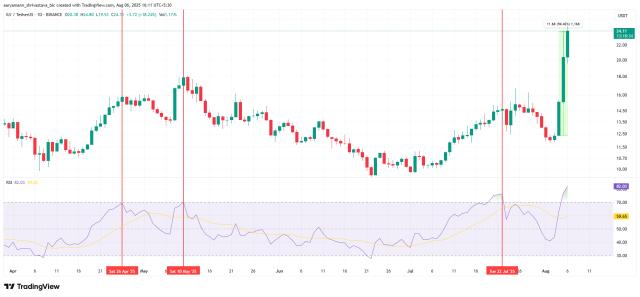Source: RWA Grand Master
1. Global Strictest Regulation: How to Define "Real-Name"?
On August 1, 2025, Hong Kong's Stablecoin Regulation will officially take effect, with strict real-name verification (KYC) causing a massive industry shock. According to the new rules:
- All stablecoin holders must undergo identity verification, with issuers required to retain user identity data for at least 5 years;
- Anonymous wallets and DeFi protocols are prohibited, with non-custodial wallets needing to be assessed as "reliable" by the issuer before receiving funds;
- Each transfer must comply with the "Fund Transfer Rule" (Travel Rule), mandatorily passing transaction party identity information, consistent with banking compliance standards.
Hong Kong Monetary Authority Assistant Director Chen Jinghong candidly admitted that this arrangement is more stringent than the previous "whitelist" system, and while it may be moderately relaxed if technology matures, the initial phase will completely end the free experience of "open wallet and use" for stablecoins.
2. Users and Industry: The End of Free Circulation?
Real-name verification directly impacts user experience and market structure:
- Dramatically increased user threshold: Each user must submit identity proof, with complicated procedures. Global user access is restricted, and non-Hong Kong users may be unable to use Hong Kong-issued stablecoins if not within the policy scope.
- On-chain ecosystem fragmentation: Stablecoins cannot directly connect to DeFi protocols, with decentralized wallets excluded from the compliance system. This fundamentally differs from USDT and USDC's mode of supporting free transfer and seamless DeFi integration.
- Small and medium institutions excluded: License application fees reach 10-15 million Hong Kong dollars, coupled with a minimum paid-in capital of 25 million Hong Kong dollars, only banks and tech giants can afford it. Some crypto OTC stores have suspended operations due to compliance risk concerns.
3. Regulatory Logic: Why Choose the "Strictest Path"?
The Monetary Authority's core demand for pushing real-name verification is risk prevention:
- Anti-money laundering (AML) priority: By identity binding and transaction tracing, cutting off anonymous fund flows, preventing terrorist financing and cross-border money laundering;
- Financial sovereignty protection: Positioning stablecoins as "quasi-sovereign settlement tools" serving controlled scenarios like cross-border trade and institutional clearing, avoiding becoming speculative targets;
- Systemic risk isolation: After the 2022 TerraUSD collapse, global regulators are highly vigilant about algorithmic stablecoins and over-issuance risks. Hong Kong directly prohibits algorithmic stablecoins, requiring 100% high-quality liquid asset backing and mandatory T+1 redemption mechanism.
4. Controversy Focus: What is Hong Kong Sacrificing?
Despite clear regulatory goals, industry criticism of real-name verification focuses on three points:
Deviation from Web 3 essence: Permissionless is the core spirit of blockchain, while strong KYC and licensing will degrade stablecoins to a "Web 2.5 financial tool";
International competitiveness concerns: Compared to EU's MiCA (allowing small anonymous wallets) and US "innovation exemption" policies, Hong Kong's extreme conservatism might force native projects to flow to more open regions like Singapore and UAE;
Scene innovation limitations: DeFi, on-chain contracts, and other open financial applications are excluded, with stablecoins reduced to a digital extension of traditional payment, losing programmability and ecosystem expansion space.
5. Future: Re-balancing Compliance and Innovation
Hong Kong's real-name verification experiment is essentially a difficult choice between regulatory certainty and market freedom. The Monetary Authority has signaled that if on-chain tracking and address annotation technologies mature, requirements might be moderately relaxed.
In the short term, Hong Kong sacrifices some innovation vitality for financial system stability; long-term, it needs to answer a key question: When other global regions gradually accept native on-chain financial logic, can Hong Kong's "golden regulatory cage" avoid becoming an "innovation island"?
Within the walls of financial safety, can a towering tree of the next generation grow? Time will be the only judge.
Note: The first batch of stablecoin license applications will close on September 30, 2025, with the first license expected to be issued in early 2026. Sandbox test institutions like JD Chain, Standard Chartered Bank, and Yuan Coin Technology may be the first to be approved.








